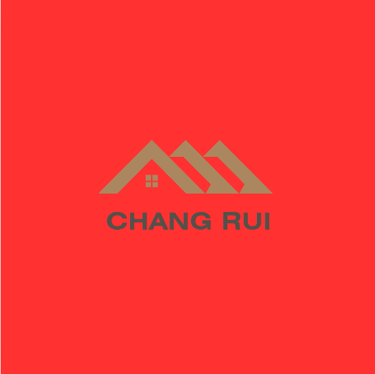Exploring Types of Anti-Corrosion Coatings for Steel Structures
4/1/20251 min read


Understanding Corrosion and Its Impact
Corrosion is a natural process that leads to the deterioration of materials, particularly metals like steel. Over time, exposure to moisture, chemicals, or extreme weather can weaken steel structures, making them unsafe and requiring costly repairs. To combat these issues, anti-corrosion coatings are essential. They create a protective barrier between the steel and the elements, significantly extending the lifespan of structures.
Types of Anti-Corrosion Coatings
There are several types of anti-corrosion coatings available, each tailored for different environments and applications:
- Polyurethane Coatings: These coatings are known for their excellent durability and resistance to abrasion and chemicals. Ideal for industrial structures and areas with heavy traffic, they provide both protection and aesthetic appeal.
- Epoxy Coatings: Epoxy coatings are highly versatile and offer superior adhesion and chemical resistance. They are commonly applied in marine and industrial environments, where exposure to harsh conditions is prevalent.
- Zinc-Rich Coatings: These are primarily used as primers and contain a high percentage of zinc. When applied, they provide galvanic protection to steel substrates, making them perfect for bridges and offshore structures.
- Alkyd Coatings: Alkyd coatings are oil-based and provide excellent coverage and corrosion resistance. They are typically used in less severe environments, making them suitable for residential and decorative applications.
Application Scenarios
Choosing the right type of coating depends largely on the application scenario. For instance:
- Marine Applications: Structures such as docks and ships require coatings that can withstand saltwater and harsh weather. Polyurethane and epoxy coatings are popular choices for these environments.
- Industrial Settings: Factories and processing plants often encounter chemicals and high humidity. Epoxy and zinc-rich coatings are effective in protecting equipment and structural steel in these conditions.
- Infrastructure Projects: Bridges and highways need coatings that can handle heavy traffic and environmental stress. Zinc-rich or polyurethane coatings help prevent corrosion and prolong the life of these critical structures.
In conclusion, selecting the right anti-corrosion coating for steel structures is crucial for maintaining their integrity and performance. By understanding the types and their appropriate applications, you can make informed decisions that benefit both your projects and your budget.
